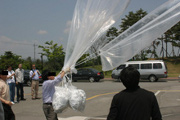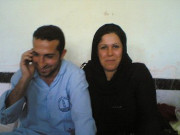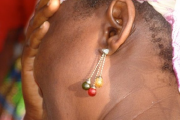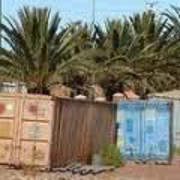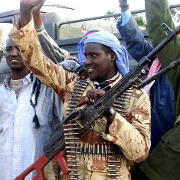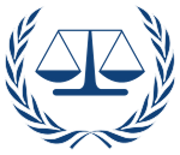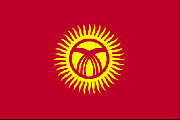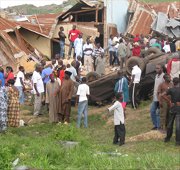 |
| (File photos courtesy World Watch Monitor) |
It sounds like it could be a new religion law in Central Asia. It could be a story from the former Soviet Union. But this story comes from Egypt.
Voice of the Martyrs USA spokesman Todd Nettleton explains the new ban. "They're basically saying, 'If you want to have a protest, if you want to have a gathering, you need to come to a government office three days before that, and somebody in the government needs to sign off of you having that gathering." The law imposes hefty fines and prison terms for violators.
Like the religion laws in Central Asia, the purpose behind the law was to restore order. In this case, it was to put a lid on the violent protests plaguing Egypt. Nettleton observes, "I don't think the purpose is to close down churches, but if you go to a particular area of Egypt where the local officials are opposed to the church, they can now use this law and come against the church."
The trouble is that one of the points of the law targets gatherings at places of worship. Again, it's understandable when you come at it from the perspective of a government trying to quell the uprisings of the last two years, notes Nettleton. "A lot of the protests that have happened over the last few months have started at a mosque, and then they've gone out from the mosque. So I think that is why it specifically says that in the law. But, obviously, a church is a place of worship, too, so we don't know what that's going to mean for churches in Egypt."
Former Egyptian president Hosni Mubarak also tried to ban gatherings, but in the wake of his ouster in 2011, it was pushed aside. The new ban is considered more restrictive, and rights groups are denouncing it already.
The law requires three-day prior notice for protests. Officials have the right to bar any protest or gathering considered a threat to public safety and order. Nettleton goes on to say that nobody knows what this means for churches preparing for the Advent and Christmas season. "Are they going to say if a church is established, if a church has officially documentation of their existence, then they're exempt from the law? Are they going to have to come one time and say, 'We gather for worship every week,' and the government signs off on it, or are they going to have to come every single week?"
Nettleton adds that throughout this three-year period of stress on the Church, new people are still turning to Christ. As the Church figures out its response to the new edict, he urges you to "pray for justice in the country, for the Christians there. We can pray for wisdom for them, and again we can pray for protection for our Christian brothers and sisters living in Muslim countries."




